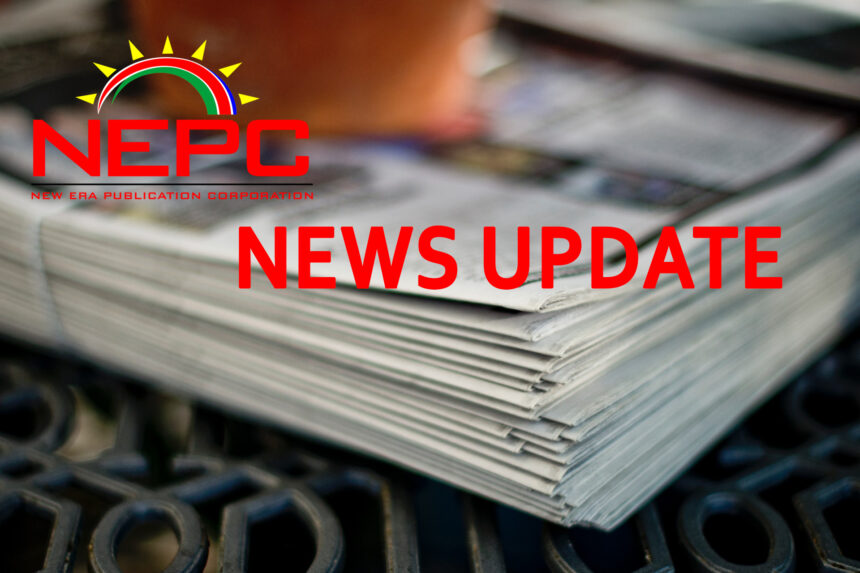DAKAR – Senegalese president Bassirou Diomaye Faye on Wednesday called for “appropriate recovery measures” for the national press, following sweeping strikes by the media industry over perceived economic pressures and threats to press freedom.
Faye demanded a “renewed dialogue with the national press,” which “deserves the particular attention of the government and appropriate recovery measures”, according to a government statement.
The statement did not specify what type of recovery measures, nor did it mention the nationwide media blackout on Tuesday by many newspapers, radio and television broadcasters as an act of protest.
Faye requested the government, specifically the communications minister, to ensure the country’s national press code was adhered to, and that the press was properly operating “in a spirit of openness” and “in compliance” with regulations, the statement said.
The Senegalese Council of Press Distributors and Publishers (CDEPS) on Monday warned that the industry was under threat, in a joint editorial.
The body, which groups editors of both private and public companies, complained that authorities were “freezing the bank accounts” of media companies for non-payment of tax.
It also condemned the “seizure of production equipment”, the “unilateral and illegal termination of advertising contracts,” and the “freezing of payments” due to the media.
Prime Minister Ousmane Sonko, who took office in early April, has denounced what he called the “misappropriation of public funds” in the sector, alleging some media chiefs were failing to pay social security contributions.
Speaking in late June, he also slammed news outlets, who he said were writing whatever they wished without reliable sources.
“The aim is none other than to control information and tame media professionals,” the CDEPS said.
At the end of last month, the company behind two of the most widely-read sports dailies suspended publication after more than 20 years due to economic difficulties.
From 2021 to 2024, Senegal slipped from 49th to 94th place on media watchdog Reporters Without Borders’ World Press Freedom Index.
– Nampa/AFP


